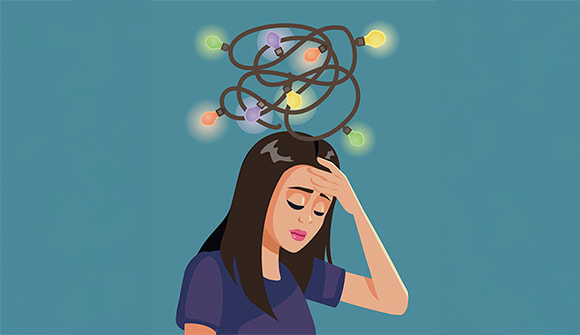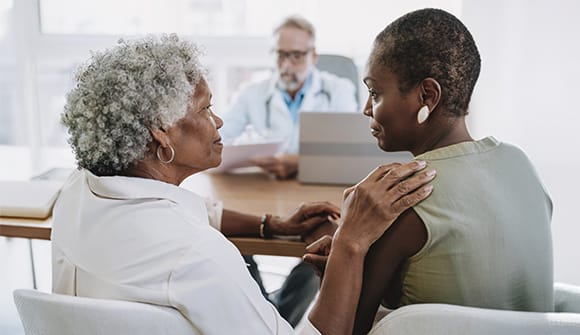Post-grad plans?
Guiding your college student through pandemic uncertainty.
Article Date:

If your college student’s overwhelmed by the thought of their post-graduate pandemic future, he or she is not alone. An American Psychological Association (APA) report found two out of three U.S. college students feel like it’s impossible to plan for tomorrow.
“The pandemic has increased the collective level of anxiety among everyone, to some degree. It has caused significant economic disruption and job loss as well as suffering and death. However, we must challenge the notion that planning is impossible,” said Andrew King, PhD, a licensed psychologist with Baptist Behavioral Health.
It’s tough for anyone to think creatively when feeling nervous or anxious, but the pandemic has added a layer of worry to college students’ already high levels of stress. In general, people respond to anxiety with avoidance, which leads to more concern and often negative thinking, Dr. King explained.
It's important to remind students that even in the best of times, plans often get tweaked.
“Young adults should be encouraged to see the changes that the pandemic is bringing as opportunities to innovate and be creative.”
Adaptable arrangements
According to Dr. King, any future path needs to be flexible to changing economic and environmental conditions.
“Planning for the future has always been complex. No job, career or relationship is guaranteed, especially with technology becoming more sophisticated,” he said. “It’s important for students to learn skills that can be applied broadly across many types of careers, such as interpersonal communication, active listening and emotional intelligence.”
Your young adult can take advantage of resources available and be proactive by:
- Exploring career guidance, personal counseling and academic advising on campus and online.
- Seeking out professors in the areas they are most interested in and building relationships, even if virtually.
- Using platforms such as Zoom or FaceTime to connect with others they would not normally see during their day. “The greater our network of friends and colleagues, the more likely a needed resource will be revealed at the right time,” Dr. King said.
Crisis coverage
Working on personal inner strength will help throughout life.
“Build mindfulness skills. There are multiple apps to help with this. These skills aren’t difficult to learn, but they are hard to master in a moment of crisis when needed most,” Dr. King said. “Practice breathing and positive self-talk every day, even if for just five minutes.”
Your student may need a nudge when it comes to seeking professional help, but he or she should take advantage of the resources available to them while they’re still part of campus life.
Most colleges and universities have free counseling centers as well as 24-hour phone coverage for after-hour crises.
“Students should seek help as soon as they notice some impairment in their social, academic or occupational functioning, or if they are feeling depressed often. Additionally, if they begin to self-medicate with alcohol, cannabis, prescription drugs or another substance, it’s important they get help immediately,” Dr. King said.
Additionally, young adults need a consistently positive voice in their lives – that’s where you come in!
If you or your young adult needs support in planning for the future, you can schedule an appointment with a licensed psychologist at Baptist Behavioral Health by calling 904.376.3800.



